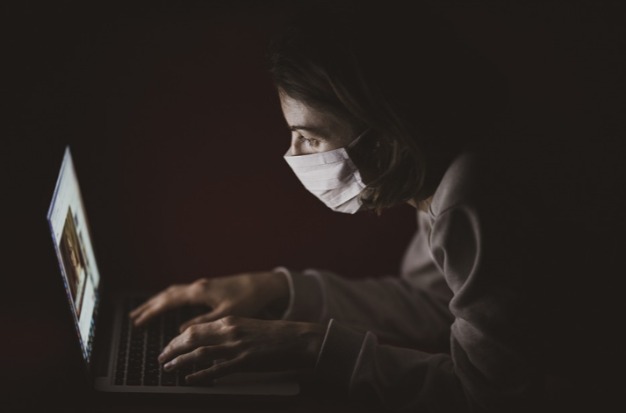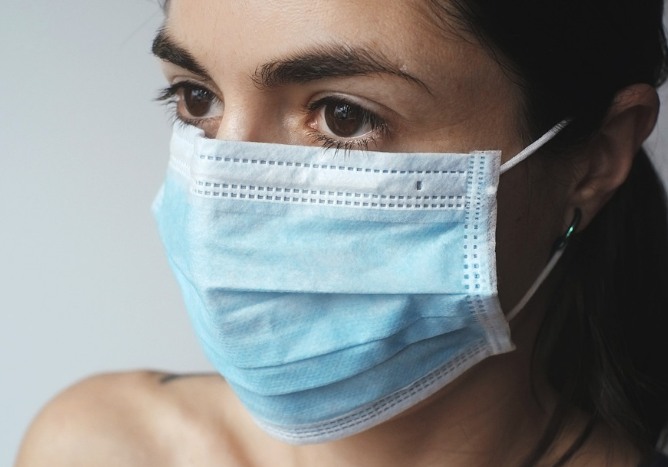
How Soon Can You Catch Covid-19 Again?
According to the Australian Health Protection Principal Committee’s most recent guidance, people may contract Covid-19 as soon as 28 days after getting over the virus. More than 12 weeks after the initial infection, a case was considered to be reinfection before.
The committee said the Omicron subvariants BA.4 and BA.5 “are associated with increased immune escape and we are likely to see rates of reinfection rise among those who have previously been infected with an earlier Covid-19 variant, and those who are up to date with their vaccinations”.
The BA.4 and BA.5 strains are starting to take over Australia as a whole, and they have already been established as dominant in some states, including New South Wales and Victoria.
What Does This Mean For Testing Requirements And Isolation Specifications?
Andy Robertson, the chief health officer for Western Australia, advised people who have had Covid-19 to get tested once more and to isolate themselves if they experience symptoms more than 28 days after healing. Approximately 2,545 reinfections were reported in the four weeks leading up to July 10th, according to a spokesman for the Western Australian health department. Most cases still involve newly acquired infections.
Since then, similar recommendations have been made by states like Victoria and NSW. A new case will be created if a positive test is returned more than 28 days later.
It’s crucial to frequently check with your state or territory’s health department for the most recent recommendations. South Australia is still debating the implications of potential rule changes for isolation periods.
The NSW chief health officer, Dr Kerry Chant, said: “Even if they have come out of isolation in the last four weeks, people who have recently had Covid-19 are urged not to become complacent. Make sure to test and isolate if your symptoms return.”
How Quickly Could I Become Re-infected?
The answer to that is still up for debate among experts. However, researchers found in a preprint study that has not been peer-reviewed or published that 60% of reinfections from non-omicron variants between March 2020 and March 2021 in Denmark took place less than two months after the initial infection.
Thus, the period of maximum protection following an infection may be shorter than you initially anticipated.
Consider that out of 593 suspected cases, only 15 confirmed reinfections were examined by the Danish researchers. The number is low for several reasons, including the fact that reinfections weren’t as frequent back then.
Our experts advise getting tested if you recently recovered from a case of COVID and then start exhibiting COVID-like symptoms because the newer variants are much better at overcoming prior immunity.
Whether A Reinfection Will Be Mild Or Severe Depends On Several Factors.
Prior infection may offer some protection against serious consequences, such as hospitalization and death, according to South African research.
With reinfection, hospitalization and death “does seem to happen occasionally but both natural infection and vaccination seem to provide good protection against severe outcomes in most individuals,” Pulliam says.
According to a second study from Qatar, prior infection offers about 87% protection against COVID-19 that is severe or fatal.
But bear in mind that, even if you’ve previously encountered the virus through vaccination or infection, some conditions, such as having had an organ transplant, being currently undergoing cancer treatments, or having heart or lung disease, make you more susceptible to negative effects.
“In immunocompromised patients,” the intensity of illness “depends on the patient and it depends on how impaired their immune system is,” says a physician at Massachusetts General Hospital named Jacob Lemieux who specializes in infectious diseases. “What the outcome would be is not known with certainty.”
Since such protection deteriorates over time, it is a good idea to stay up to date on your vaccine schedule. However, the length of time since your last vaccination or previous COVID infection also influences how severe your illness will be.

Can Receiving Covid Multiple Times Have Long-term Effects?
Long-term damage from repeat reinfections, like organ damage, is “the big question, and I haven’t seen any data yet that can address it,” Pulliam says.
Furthermore, experts think that even if you were healthy the last time, each COVID case could result in a lengthy COVID.
One in five adults experience continuing health issues after acute cases of COVID, including “persistent symptoms or organ dysfunction,” according to a study published by the The American Centers for Disease Control and Prevention
“There does seem to be a risk of long COVID or symptoms after resolution of the acute infection in a subset of people, and we don’t really know how common that is yet or how long it lasts,” says Lemieux.
In comparison to initial infections, how bad are reinfections?
Reinfections with COVID-19 reportedly cause less damage than initial infections do. A 2021 study examined the possibility of reinfections causing serious illness or death. Re-infections had a 90% lower risk of severe illness or death than initial infections.
Re-infections with COVID-19 had a lower mortality risk than initial infections, according to a study published in April 2022. Age, sex, and underlying medical conditions were risk factors for serious illness from reinfection, just like they were for initial infections.
Re-infections, however, could potentially increase the risk of long-term negative health effects, according to some evidence. A June 2022 study, still in preprint, found that, compared with first infections, reinfections boosted the risk of:
Problems with:
- Fatigue
- The lungs, cardiovascular system, and many other organ systems
- Diabetes
- Hospitalization
- Death from any cause
Vaccination status had no impact on these outcomes. Additionally, the number of infections reported by study participants was found to increase the level of risk.
This study’s possible failure to accurately represent population-wide risk is one of its weaknesses. Veterans Affairs (VA) healthcare consumers were the focus of the research. The study population, therefore, has a higher likelihood of being older, male, and in worse health.
Conclusion
Reinfections with COVID-19 are becoming more likely. As a result, you might hear about more and more people in your life who become infected with COVID-19 again, sometimes not long after their initial infection.
The Omicron BA.4 and BA.5 subvariants, which can evade immunity from vaccinations and previous infections, are largely responsible for the most recent reinfections. Additionally, factors like naturally declining immunity and lowered COVID-19 precautions play a role.





Average Rating